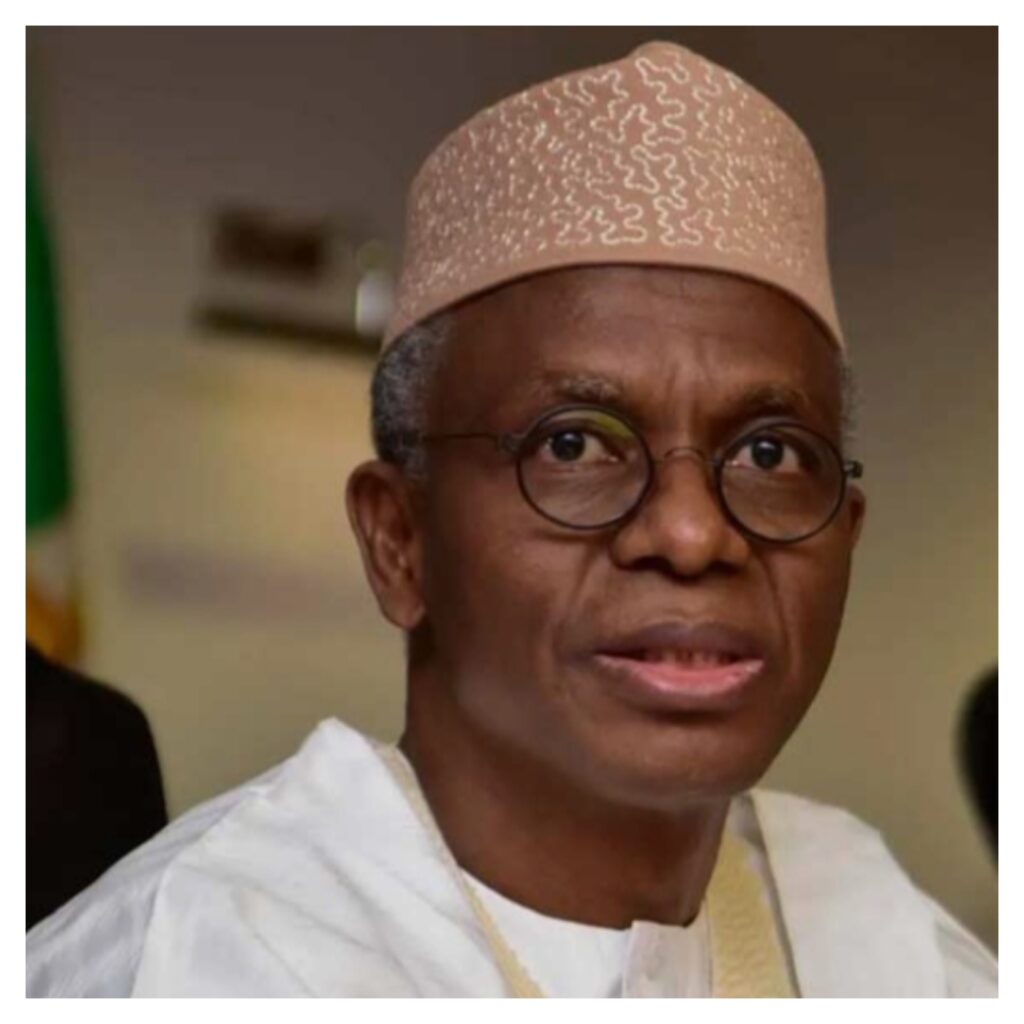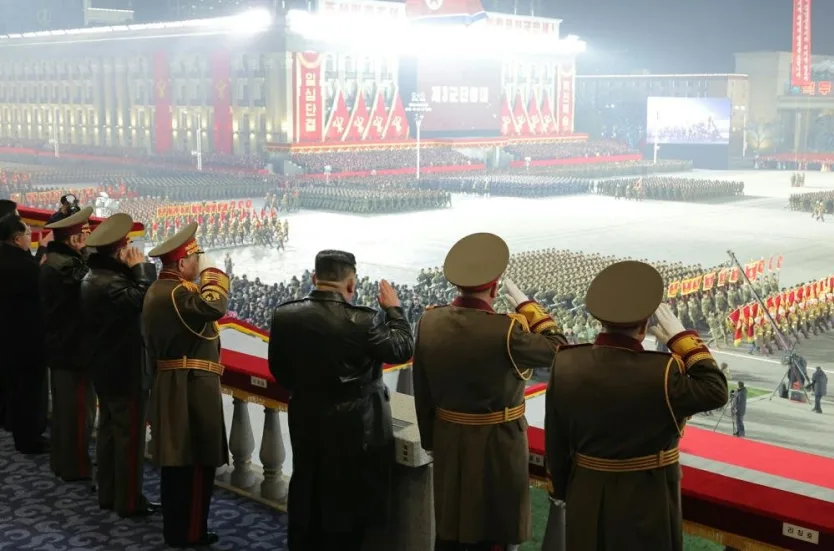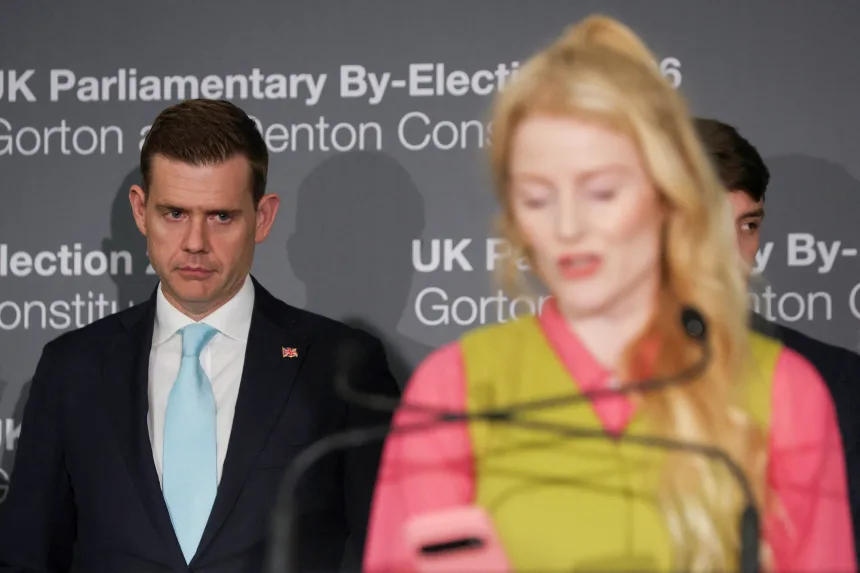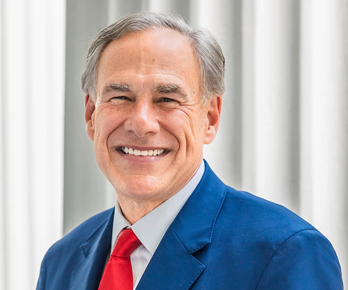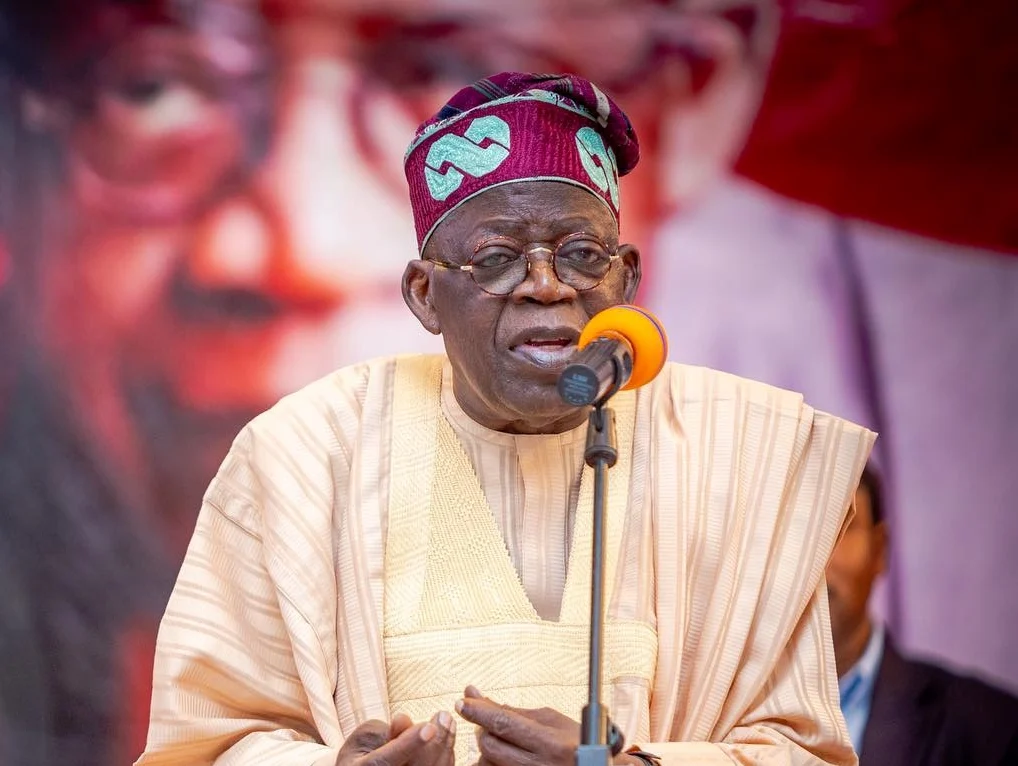Now Reading: 2027: Confusion Over Former President Jonathan’s Eligibility
-
01
2027: Confusion Over Former President Jonathan’s Eligibility
2027: Confusion Over Former President Jonathan’s Eligibility
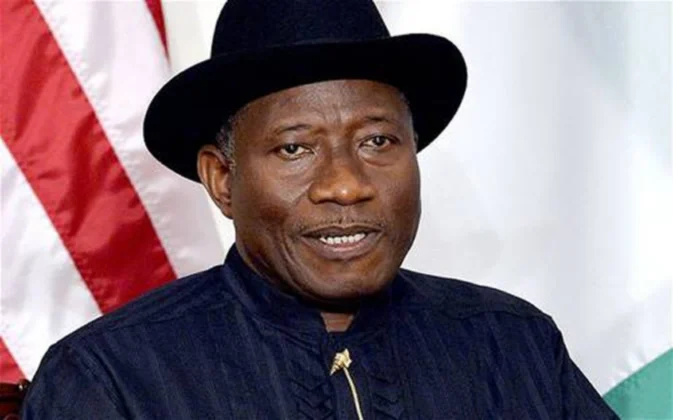
• Ex-president’s eligibility puts supporters in quandary as PDP intensifies push for presidency
• Only court can determine whether he qualifies to contest or not –Lawyers
From Ismail Omipidan, Abuja and Lukman Olabiyi, Lagos, The Sun Nigeria
The current debate over the control for power and governance at the centre ahead of 2027 presidential election took a different turn during the week, with moves from the opposition Peoples Democratic Party (PDP) to draft former President Goodluck Jonathan into the race, following its decision to zone the ticket to the south.
This is not the first time the party would be contemplating the idea; it toyed with it in the build-up to the 2019 presidential election.
But unlike in 2019 that Jonathan was swift in dismissing the move, insisting that he had no interest in running, he has yet to dismiss the current move.
For days during the week, Sunday Sun made frantic efforts to reach out to the former president’s spokesman, Mr Ikechukwu Eze, but he neither returned calls nor replied the messages sent to his WhatsApp line as at press time.
PDP chieftains confirm development
While Sunday Sun was unable to speak with Jonathan’s aide, multiple sources within the PDP, including those who had worked as presidential aides in the villa during the Jonathan’s presidency from 2010 to 2015, confirmed the development.
In fact, one of them who volunteered the phone number of Mr Eze to this reporter stated emphatically that “I can confirm to you that it is true. We want him to run. But consultations are still on-going. I will give you his (Eze) number but he is not likely to confirm to you. At best, he would just say that pressures are being mounted on his principal to run,” he added.
Why PDP and North might prefer him
Before the move to draft Jonathan began, the 2023 Labour Party (LP) presidential candidate, Mr Peter Obi, was initially on the card. Although, like Jonathan, he neither confirmed nor deny the move, he had however gone ahead to pledge publicly that he was ready to do just one term if given the opportunity.
This made Sunday Sun to dig further, so as to ascertain the reason Jonathan was being considered ahead of Obi, who had publicly said he was ready and willing to spend one term.
Responding to the reporter’s enquiry, another source said: “You know we are all politicians. Even when we don’t trust each other and hardly learn from our mistakes, we have people who constantly remind us of our past. Power is sweet, no one will give it up easily unless there is a constitutional encumbrance that would stop such a person even when he wants to continue.
“I was part of those who followed His Excellency, former President Jonathan to some of the engagements in the north ahead of 2011 presidential election. What we told our people then was that he was going to do one term only. Isn’t it? Apart from that, our Baba (Obasanjo) at the Eagle Square after Jonathan emerged our presidential candidate announced that he was going to do just one term. Didn’t Jonathan seek a second term before he was defeated? So that is why, for me, Obi’s promise is not attractive and I want to believe I am not alone on this. So, to answer your question directly, Jonathan is preferred because by law, if he wins, he cannot go beyond 2031, and so after him, we will have the power back in the north,” the source added.
North cautions on one term bait
Regardless of the position of some of the PDP’s chieftains with regards to the suitability of Jonathan’s candidature, northern leaders are already cautioning the electorate to be wary of a single term gambit, with the Arewa Consultative Forum (ACF) saying that northern electorate would not be deceived by promises from some southern presidential aspirants of a single-term presidency ahead of the 2027 presidential election.
The ACF’s position was conveyed by its National Publicity Secretary, Professor Tukur Muhammad Baba, during a national television interview.
According to him “the idea of a one-term presidency is not a constitutional requirement but a political tactic. The electorate should decide if a candidate deserves a second term, and that choice should not be predetermined.
“Many politicians are weighing their options and trying out different alliances. These are early moves in a long race, and while it shows how seriously they take public opinion, it’s still premature to draw conclusions.
“Jonathan has earned some goodwill since leaving office, but winning over voters in the north requires more than that. Every candidate must present a compelling case for support,” the ACF spokesman said.
Countering the claim that the electorate in the north might embrace Jonathan over Obi because of the constitution provision limiting Jonathan to just a term, should he jump at the offer, Baba warned against boxing the electorate into regional or ethnic corners, saying that “these are just political permutations. It’s not healthy to box voters into ethnic or regional categories. Nigerians should be free to make choices based on merit and vision.”
He added that “the ACF is non-partisan and has never endorsed any candidate. The north is a diverse region, and no one voice can speak for everyone. From the First Republic to the 2023 elections, the north has never voted as a single bloc. It remains one of the most politically diverse regions in Nigeria.”
Speaking in the same vein, National Chairman of the Inter-Party Advisory Council (IPAC), Yabagi Sani, specifically, noted that Obi’s pledge to serve only one term if elected in 2027, is not only “unbelievable” but “politically naive.”
Sani, who also doubles as the national chairman of Action Democratic Party (ADP) also said that the country’s political dynamics hardly support such honourable intentions.
“This is why it would be difficult for a lot of people to believe Mr Peter Obi that after one term, he would leave. And then, how would he even succeed if you look at the sentimental aspect of it, the state capture, and the power of incumbency?
“Yes, Mr Peter Obi can agree to say: ‘I am going to do one term,’ but the northerners will tell you that after Bola Tinubu’s term, if he gets the (second) election, it should come to the north. We are human beings. Absolute power corrupts absolutely. Peter Obi is not a saint; he is not somebody who is from another planet. We have seen successive governments trying to see how they can turn the constitution around and give themselves a third term and things like that,” Sani added.
Legal hurdles against Jonathan
As moves to draft former President Jonathan into the 2027 presidential race continues, Sunday Sun’s investigations have shown that there might as well be a major legal hurdle for the former president to cross.
Following the acrimony and tension that greeted Jonathan’s desire to run in 2015, after first completing the late Umaru Yar’Adua’s tenure from 2010 to 2011, before his election and serving from 2011 to 2015, the National Assembly amended the constitution to provide that anyone who assumes the office of either the president or governor and completes the tenure of an elected president or governor due to death, resignation, impeachment, or permanent incapacity, is only eligible to be elected to that office for one additional term of four years and no more.
The amendment was assented to by the late former President Muhammadu Buhari and the law came into effect on June 1, 2019. Based on that provision therefore, even if Jonathan decides to present himself in 2027, he may not be eligible, the same way Governor Lucky Aiyedatiwa of Ondo State, who became governor on December 27, 2023, following the death of his predecessor, Arakunrin Oluwarotimi Akeredolu, SAN, and having been sworn in again on February 25, 2025, following his victory in the November 2024 governorship election, cannot present himself for election again at the end of his tenure in 2029.
Dr Umar Ardo, in an essay entitled Constitutional impediments to former President Jonathan’s candidacy, recalled that “on June 8, 2018, President Buhari signed into law several constitutional alteration bills, including Constitution Alteration Bill No. 16. This particular amendment stipulates that if a Vice President assumes the presidency (say, due to the death, removal, resignation or incapacitation of the President), that individual – having effectively completed the remainder of the predecessor’s term (like former President Jonathan) – is eligible to contest for the presidency only one more time. The same rule applies at the state level: a Deputy Governor who takes over a Governor’s term may only contest the governorship one additional time.
Section 137(3) says: “A person who was sworn in as president to complete the term for which another person was elected as president shall not be elected to that office for more than a single term.”
Another lawyer, Kabir Akingboolu was emphatic that Jonathan does not qualify to run for president again, according to the constitution.
In an interview with Sunday Sun, Akingboolu cited Section 137(3) of the 1999 Constitution (as amended), which restricts the number of terms a person can serve as President. He argued that having completed the unexpired term of the late President Umaru Musa Yar’Adua and subsequently served a full four-year term of his own, Jonathan is constitutionally barred from seeking the presidency again.
“Going by Section 137(3) of the Constitution, once a person completes the unexpired tenure of another elected official, they are only entitled to contest for the office one more time. Former President Goodluck Jonathan has already done that,” Akingboolu said.
According to him, allowing Jonathan to contest again would violate the constitutional provision limiting the presidency to a maximum of two terms.
“He has taken the oath of office twice. Can he take it for the third time? That’s the constitutional question that must be asked. In my view, he is not qualified to run again,” Akingboolu stated. Addressing some arguments that the constitutional amendment introducing this provision should not apply retroactively, Akingboolu insisted that this case is different.
“Some argue the law cannot take retroactive effect, but I believe this is not one of those instances. He should stay clear of the 2027 race,” he concluded.
Jonathan’ eligibility may need judicial interpretation
Eminent lawyer and a former Chairman of the Nigerian Bar Association (NBA), Ikeja Branch, Dave Ajetomobi, while speaking on the constitutional and political implications of such a move, emphasized that only the judiciary holds the authority to determine the legality of Jonathan’s eligibility to run for office again.
“With regards to the constitutional issue, only the courts have the final say. We can only speculate. Our reasoning for or against his candidacy cannot stop him or make him contest. Only the courts can interpret the constitution in a way that is binding on all citizens,” he stated.
He further suggested that the push for Jonathan’s return may be politically motivated, particularly from northern political interests.
According to Ajetomobi, some northern power blocs view Jonathan as a strategic candidate who, by law, would only be eligible to serve a single term, a factor that aligns with their political calculations ahead of 2027.
“Obviously, the North is looking for a shortcut to stop Tinubu, which will ultimately sideline Atiku. They don’t believe in Obi’s promise of a single term, so they are turning to someone who is legally bound to one term. Jonathan becomes the first choice, not because they love him, but because he fits the agenda,” he said.
Aligning with Ajetomobi’s position, another legal expert and constitutional lawyer, Maduka Onwukeme, said the matter of Jonathan’s eligibility or otherwise could be decided only by the courts.
Reacting to arguments based on Section 137(3) of the 1999 Constitution (as amended), Nweke noted that the provision, which restricts any person who has completed the term of another president to only one additional term, was introduced in 2019—after Jonathan had already served in office.
He argued that the amendment could not be applied retroactively to disqualify the former president.
“Section 137(3) of the Constitution was an amendment enacted in 2019, and it cannot be used retroactively to stop Goodluck Jonathan from running for president,” Onwukeme said.
However, the lawyer acknowledged that there remains a broader constitutional concern regarding the total number of years a person can serve as president. He pointed to the Constitution’s provision limiting presidential tenure to a maximum of eight years over two terms.
“We have to also look at other constitutional provisions, such as the term of office of the president. The Constitution has provided for a maximum of eight years tenure in two terms,” he stated.
Onwukeme raised a critical constitutional question: “Did the framers of the Constitution intend that someone could rule Nigeria for more than eight years? This would be doubtful.”
He concluded by suggesting that the ambiguity surrounding Jonathan’s eligibility can only be resolved through a judicial interpretation.
“Let the provisions of the Constitution be tested in court,” he added.
In his own submission, lawyer and human rights activist, Ige Asimudara, cited Sections 137(3) and 182(3) of the Nigerian Constitution, as amended by the Fourth Alteration Act.
According to him, the provisions clearly state that any individual who has been sworn in to complete the tenure of a president or governor can only be elected for one additional four-year term.
“This means such a person cannot be elected twice; that is, they cannot serve a second term if they’ve already completed another person’s tenure and been elected once,” he explained.
However, Asimudara pointed out that former President Jonathan’s case is unique, as the constitutional amendment was enacted after he had left office and had already contested for a second term in 2015, which he lost.
He stressed that, under Nigerian law, constitutional amendments do not have retroactive effect.
“In law, a legislation does not take retroactive effect. It will only affect those who completed the tenure of a president or governor after the amendment came into force,” he noted.
Citing previous reports, Asimudara recalled that the Federal High Court in Yenagoa had ruled that Jonathan was qualified to re-contest the presidency ahead of the 2023 elections.
“For Jonathan, it appears to me that the law exempts him.
